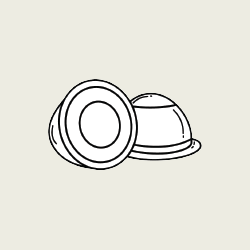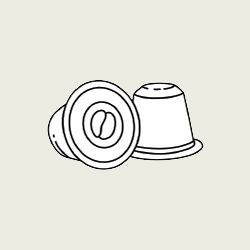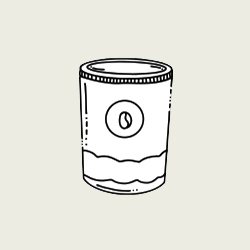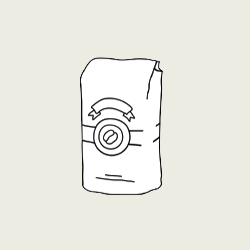In today's world, where waste is an ever-increasing problem, transitioning to a zero-waste lifestyle can be a great way to reduce your impact on the environment. Zero-waste living means eliminating or reducing your use of disposable and single-use items, as well as reducing your overall consumption of products. While it may seem daunting at first, there are many simple and practical ways to begin transitioning to a zero-waste lifestyle. Here are five easy steps to get started:

-
Identify your waste The first step in transitioning to a zero-waste lifestyle is to identify the waste you generate. Start by doing a waste audit and examining the items you throw away. This can help you understand the types of waste you generate and where you can make changes. You can create categories such as plastic, paper, food, and electronic waste to get a better understanding of the areas where you need to focus on reducing waste.
-
Choose reusable alternatives The second step is to choose reusable alternatives to replace the disposable and single-use items you use regularly. Some of the most common items that can be replaced include plastic water bottles, coffee cups, straws, grocery bags, and food containers. You can switch to reusable water bottles, stainless steel or glass straws, and cloth grocery bags. You can also use reusable food containers and beeswax wraps to store and transport food. Consider investing in high-quality, durable items that will last a long time and reduce your overall consumption of products.
-
Reduce food waste Food waste is a major contributor to landfill waste, and reducing it can be a big step in transitioning to a zero-waste lifestyle. Plan your meals and buy only what you need. Store food properly to make it last longer, and use up leftovers. Composting is also an excellent way to reduce food waste and create nutrient-rich soil for your garden or houseplants.
-
Buy in bulk Buying in bulk can help reduce the amount of packaging waste you generate. Look for stores that offer bulk food, household, and personal care items. Bring your own reusable containers and bags to the store, and weigh them before filling them with bulk items. Buying in bulk can also help you save money and reduce the number of trips you make to the store.
-
Recycle properly While reducing your consumption of products is a crucial step in transitioning to a zero-waste lifestyle, there will still be some waste that needs to be disposed of. Make sure you recycle properly by following the guidelines set by your local waste management program. This includes separating items by type, rinsing out containers, and removing any plastic or metal lids. It's also important to be aware of what can and cannot be recycled in your area to avoid contaminating the recycling stream.
By following these five simple steps, you can begin transitioning to a zero-waste lifestyle and reducing your impact on the environment. However, it's important to remember that zero-waste living is a journey, not a destination. Be patient with yourself and take small steps every day to reduce waste and live more sustainably. Remember that every action you take, no matter how small, can make a difference in creating a more sustainable future.







